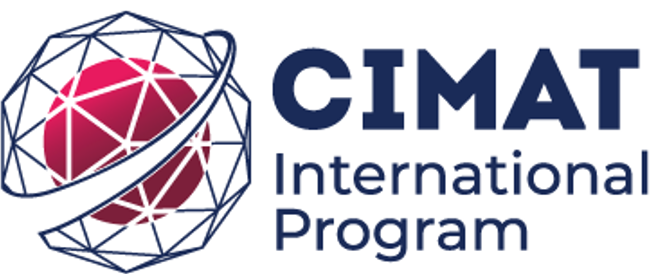| SUMMER PROGRAM |
|
In 2023, the Summer program will be organized as an intensive short course of three weeks (June 16th - July 7th, 2023) about ordinary differential equations, modeling and computing simulations. Similar to the past J-Term 2023, it is a full-day program (Monday - Friday) with academic activities (lectures and work sessions) alternated with cultural activities related to Mexico, Guanajuato and the Spanish language. |
| COURSE: Ordinary Differential Equations, Modeling and Computing Simulation |
|
Description: The course is on modeling physical phenomena with ordinary differential equations (ODE). The mathematics of each model is presented. The computational tools for simulation are developed, and models are tested with data. Course Goals: On completion of the course, students will
Overall requirements:
Course Content:
(*) In these sections, optimization techniques are used to estimate ODE model parameters to fit data mostly from the literature. An exemption is the harmonic oscillator, presented as a model of the insulin-glucose regulation system. Parameters are estimated from data collected in a local hospital. Grading:
Bibliography:
Faculty:
|


